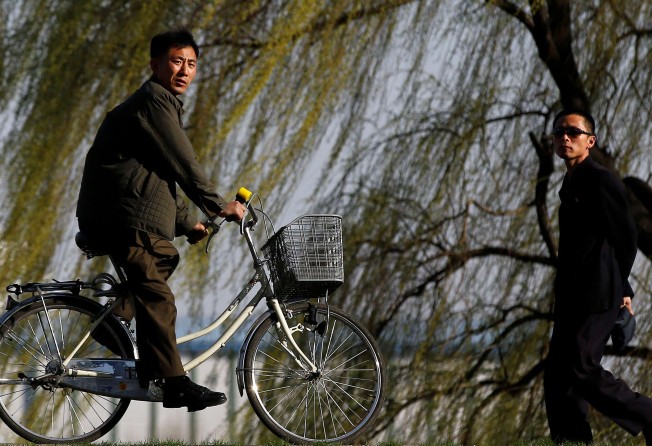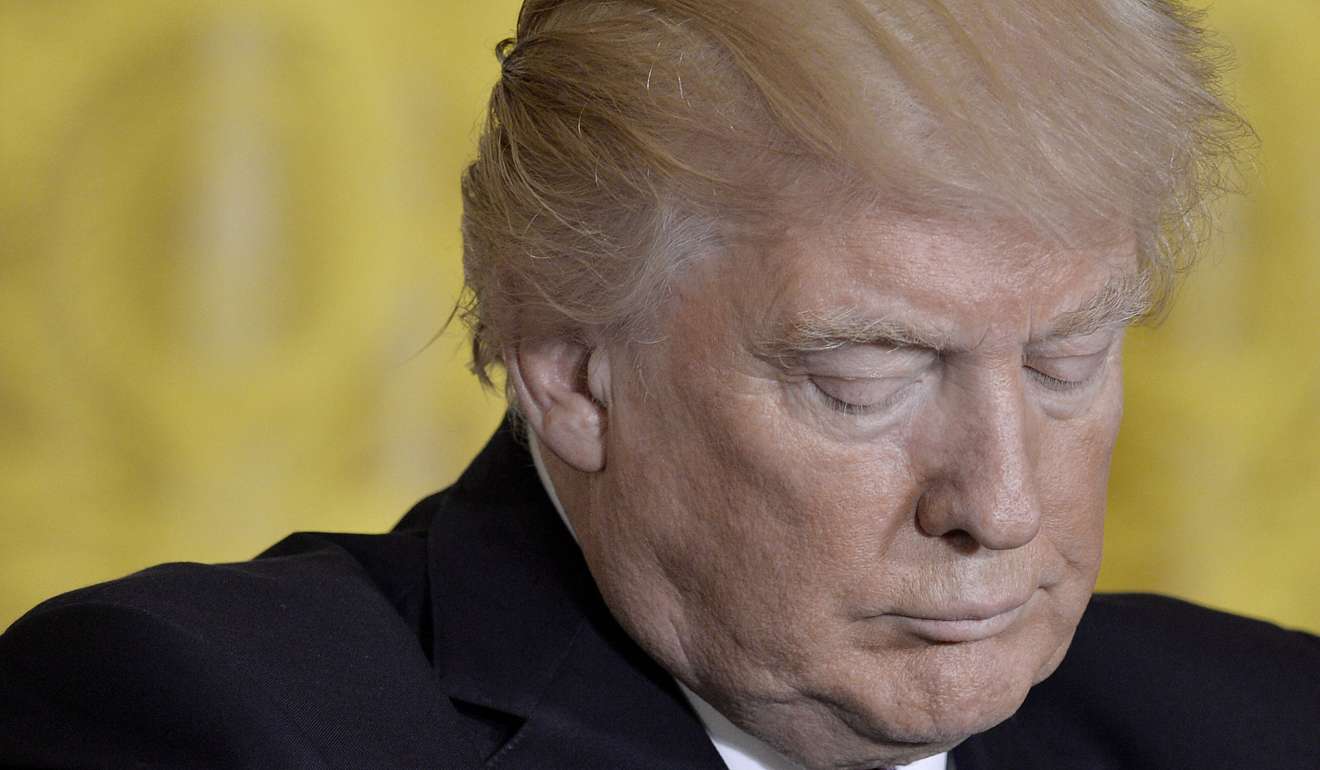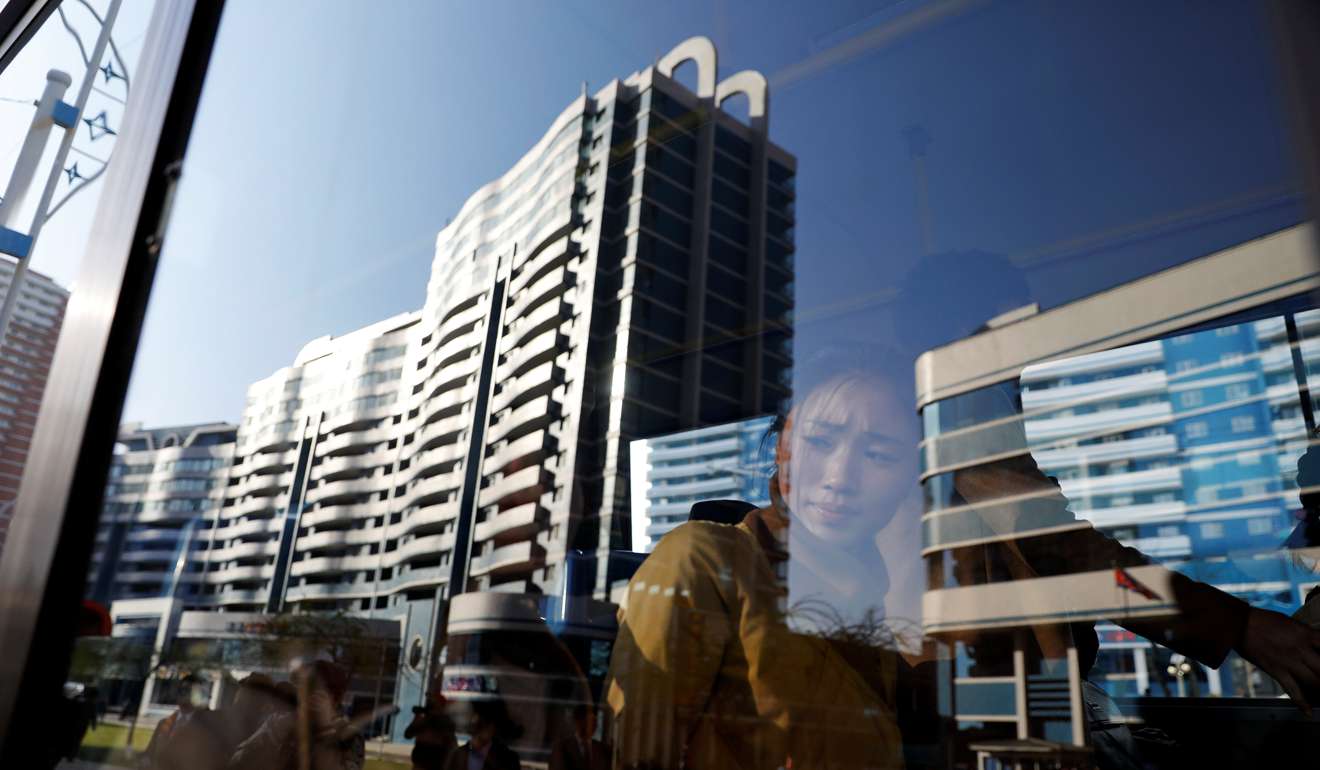We are beginning to get the shape and feel of the Trump era
‘Trump surged into power on domestic issues but he is more naturally a world player’

Edmund Burke said: “The only thing necessary for the triumph of evil is for good men to do nothing.” But when good men do move from nothing to something; it’s usually too late.
The classic example is Wehrmacht Germany in the 1920s and 1930s when good people were sucked into voting for an evil regime that subsequently callously killed Jews, gypsies and political opponents, and indirectly cause the death of millions of their own people. This happened in what had been regarded as a modern democracy.
Geopolitics has sharply shifted gear with President Donald Trump at the wheel. The superpower under President Barack Obama was a genial one, looking to withdraw from Iraqi and Guantanamo hot spots. Trump surged into power on domestic issues but he is more naturally a world player. Unlike Congress, he can look his few global opponents in the eye. The local school bully is turning into a school prefect, reprising America’s role of keeping world order. This is a new era of eyeball to eyeball Trumpolitics.
So US$100 million of Tomahawk cruise missiles hit Shayrat airbase last week as a lesson to the Syrian authorities that even allegations of evil, such as gassing your own men, women and children, means that good men can’t stand around and do nothing.
And what of tiny North Korea? Washington seems to have just figured out that Pyongyang really has the capability within four years to deliver a small nuclear device to US soil? A battle fleet led by the 100,000 tonne carrier USS Carl Vinson just off the Korean Peninsula should concentrate the mind. Obama merely got very cross with Kim Jong-un; a case of a good man doing nothing. It did not slow Kim’s warlike ambitions by one day.
Markets don’t like the sheer unpredictability of geopolitical sabre rattling. War increases asset price volatility. It is one thing to have a skirmish in Africa but when small countries become proxy battlefields for the superpowers, events could escalate. We have an unknown known in Korea where the US faces China. Another in Syria where US drones are sharing the same airspace as Russian fighters. Good men in Europe stand back while tyranny in Africa drives whole countries of people across the Mediterranean. I don’t want to think about the South China Sea.

Open warfare is just part of the conflict mix. Terrorism is on the rise, much of it enacted by home-grown extremists. Lost souls are very difficult to identify especially when internet training is enough to turn the tools of everyday life into killer weapons. Cyber-manipulation is increasing soft conflict, and fake news is used brilliantly by Russia to influence hearts and minds in liberal Western democracies.
Yet my experience as a politician and fund manager is that while politics affects the markets in the short term – it is economics that really drives investments long term. As Bill Clinton said in his 1992 campaign, “It’s the economy, stupid”.
Of course, there are times at country level where politics is critical to economic output – take a sharp conversion from capitalism to communism; a move from benevolent dictatorship in Rhodesia to a personal dictatorship in Zimbabwe; the grinding incompetence in South Africa; or stifling bureaucracy in Italy or India.
Three or four years ago, ISIS was rampaging across parts of Syria and Iraq and the world was worried about the throttling of oil supplies. Since those dark days, markets have gone way up and oil way down, regardless of Middle East politics. Even as Trumpolitics has become more interventionist, the markets have focused on the underlying strength of the global economy. The South Korean market should be down well over 5 per cent, with a strike group identifying targets north of the border – but remains unfazed.

The lack of stock market reaction is because markets believe that the lethal skirmishes that we call conflicts may develop into tension, but not war. In Hong Kong, our market is primarily affected by China, and China is primarily affected by economic growth in the US and Europe, and as long as trade and finance continues unabated we will be happy.
One of the world’s biggest Jeremiah’s in recent years has been the Federal Reserve who in the face of overwhelming evidence of economic stability has kept interest rates low. Yet even this week Fed Chairwoman Janet Yellen was lauding robust housing spending, hardening inflation, steady investment spending, full employment, moderate growth, and improving emerging and European economies.
Superpowers jockeying for position will try not to let politics get too much in the way of making money.
Richard Harris is a veteran investment manager, banker, writer, broadcaster and financial expert witness